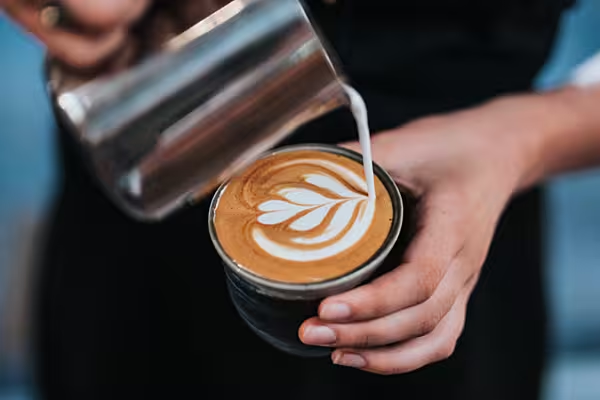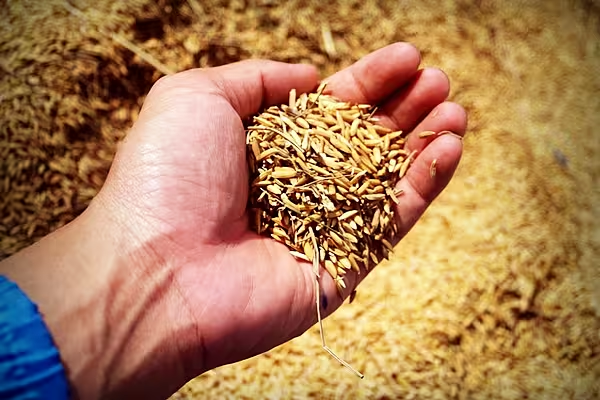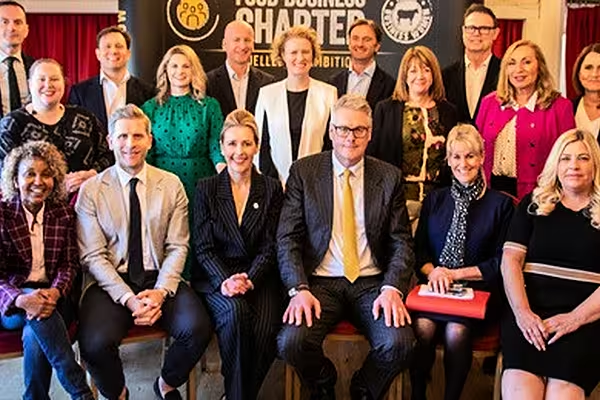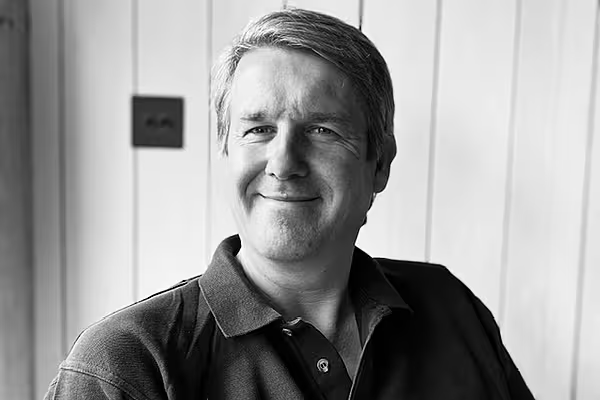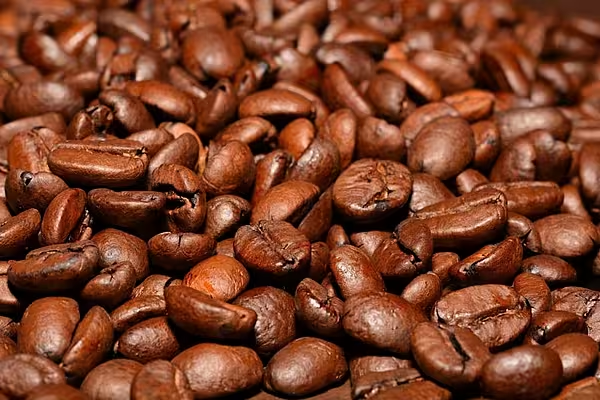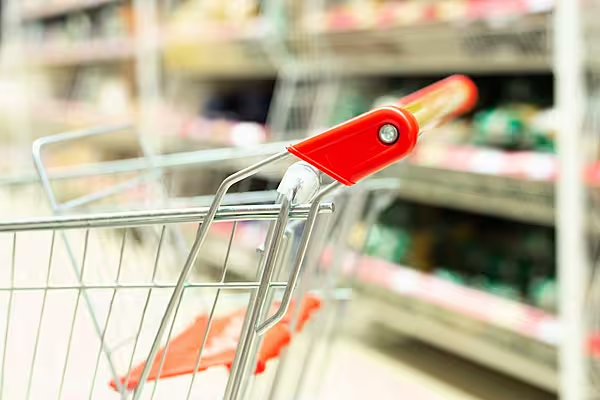Brazilian exporters believe they will increase their already large share in the global coffee trade in 2020, possibly exporting more than the record 2019 volume, due to an expected fall in output coming from other producing countries.
Brazilian exports of green coffee reached 36.6 million 60-kg bags in 2019, a 14.8% increase from the previous year to an all-time peak, exporters association Cecafé said in a report on Wednesday.
Cecafé's president Nelson Carvalhaes said the industry group expects to export a slightly larger volume in 2020, despite current low stocks in Brazil that could limit shipments until June when the new crop starts to reach warehouses.
Increase In Exports
"The 2020 crop will be good, maybe not as good as in 2018, but it will be positive. It will allow the sector to increase exporting volumes in the second half of the year," he told reporters.
Brazil will be back to its year of high production in 2020, as the country alternates years of high and low production due to the characteristics of arabica coffee trees.
The country produced a record of 61.6 million bags in the last on-year in the biennial cycle, in 2018. Output fell to 49.3 million bags in 2019, an off-year, according to the government.
Traders and analysts had expected a record again in 2020, but some of them revised their views due to lower crop care and adverse climate conditions in some regions in Brazil.
Carvalhaes said other producing countries, mainly in Central America, will struggle to increase output because the long period of low prices led farmers to cut crop care.
'Share In Global Coffee Trade'
Brazil increased its share in global coffee trade from 29% to 31.6% in 2019, according to Cecafé. The industry group sees that share potentially going up again in 2020.
Brazilian exports in December, however, fell 25.9% when compared with the same month a year earlier to 2.69 million bags.
Cecafé expects monthly volumes to increase in the first months of 2020 following a price recovery in the international market, but should fall again after February because it says there is not much coffee left in Brazil.
The United States was the main destination of Brazilian coffee last year, buying 7.86 million bags, 24% more than in 2018. The country, the world's largest coffee consumer, accounts for one fourth of all Brazilian sales.
Germany, Italy and Japan were the other large buyers.
News by Reuters. Click subscribe to sign up to ESM: European Supermarket Magazine.
